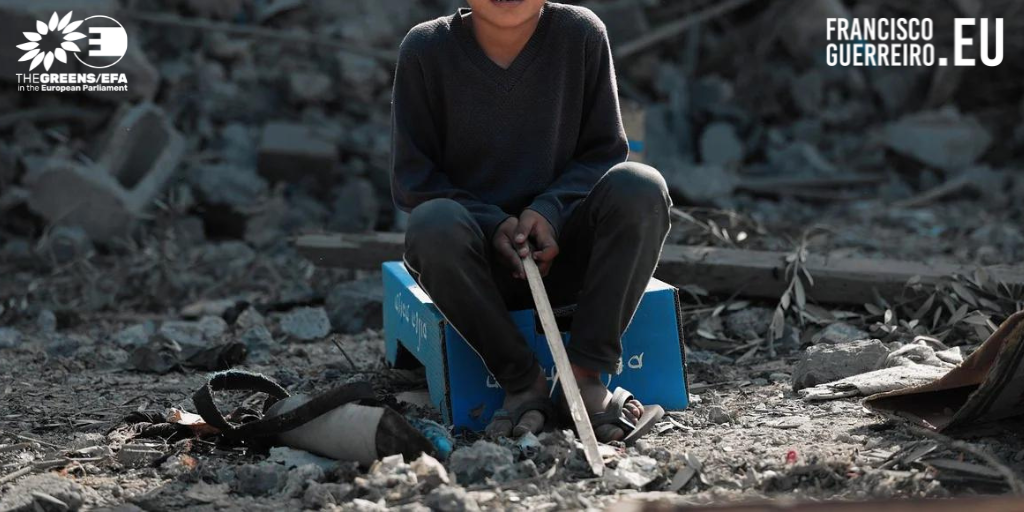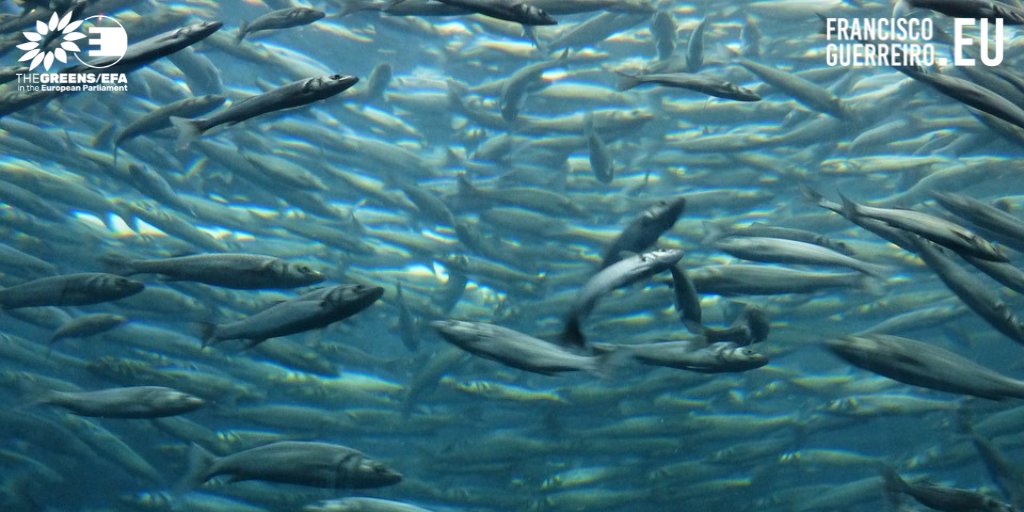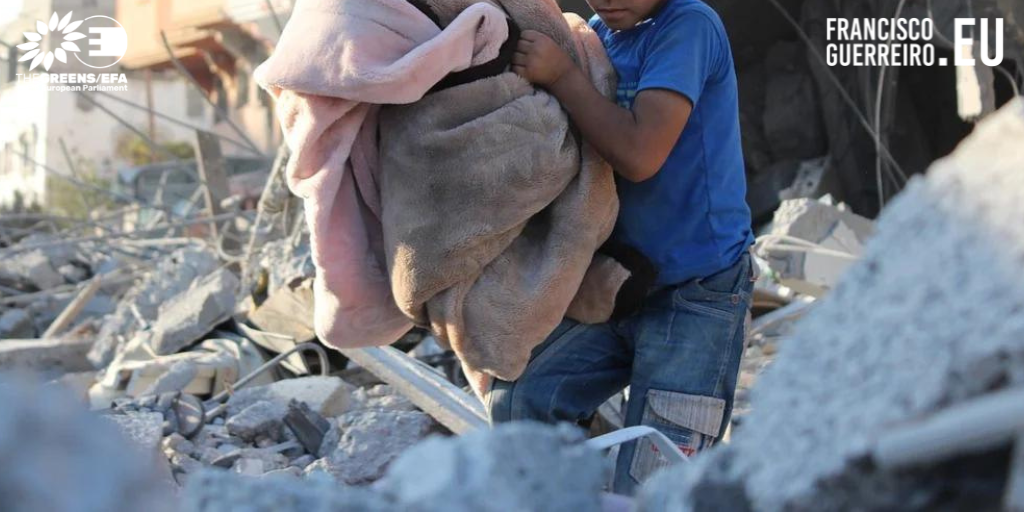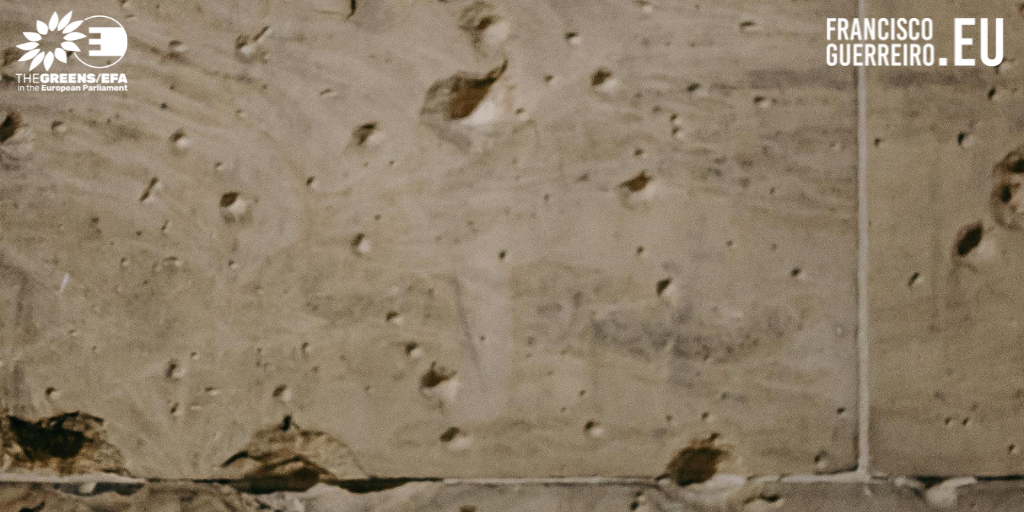
Question to the EC: The danger of drilling for oil in Arctic areas
See Francisco Guerreiro’s question to the European Commission and the written answer on the danger of drilling for oil in Arctic areas.
Norway is preparing to expand its oil drilling activities in untouched areas of the Arctic in 2021 (1). This represents a major threat to that fragile ecosystem. In case of accident, there is no technology available to clean up spills in the Arctic environment, so it is irrational and dangerous to continue with offshore drilling, in particular in these areas. Experts confirm that the Arctic is regarded as risky, both environmentally and in terms of profitability.
Moreover, this decision could lead to a diplomatic or a military incident with Russia, which would have consequences for the EU and its regional stability. Therefore, this is also a security issue for the EU.
1. What is the Commission’s position on the likely expansion of Norway’s oil drilling activities in the Arctic, taking into account the possible environmental and economic damage to its EU neighbours in the event of an accident?
2. Is Norway complying with the Directive on Safety of Offshore Oil and Gas Operations (2013/30/EU), which is a text with EEA relevance?
3. Moreover, will it be possible for Norway to comply with this Directive if it goes ahead with drilling in the fragile areas of the Arctic, given the lack of technology available?
Answer in writing
Oil and gas offshore drilling carries a number of risks for the environment and biodiversity because of the operational and accidental release of hazardous chemicals, including oil, and other pollutants. Risks are re-enforced in the Arctic environment where low temperatures and a remote location make accident response and specifically oil-spill cleaning difficult.
The Commission considers that the provisions of the Offshore Safety Directive(1) (OSD) should apply in Norway since the directive is relevant to the European Economic Area. The Commission notes that it is still not the case. However, it is not excluded that the legislation in place in Norway has an equivalent effect in terms of the level of safety. The Commission promotes high safety standards for offshore oil and gas operations at international level in relevant global and regional fora, including those relating to Arctic waters (Article 33 OSD). In this regard, the Commission cooperates closely with Norway and continues a dialogue specifically in the European Offshore Authorities Group. Norway attends meetings of this group as an observer.
Finally, the OSD emphasises (see recitals 36, 37, 38, 52 and Article 19, paragraph 8) the need for special protection of the Arctic environment from offshore oil and gas activities and that it would be desirable for operators and owners registered in a Member State to apply their EU corporate major accident prevention policy when operating outside the EU to ensure a high level of safety of their operations globally.
(1) Directive 2013/30/EU of the European Parliament and of the Council of 12 June 2013 on safety of offshore oil and gas operations and amending Directive 2004/35/EC, OJ L 178, 28.6.2013, p. 66‐106










ParlTrack - Francisco Guerreiro considered one of the most productive MEPs
Monday, 01 July 2024
The analytical website ParlTrack has recorded all the parliamentary actions of MEPs during the 2019-2024 term, considering Francisco Guerreiro one of the most productive.READ MORE